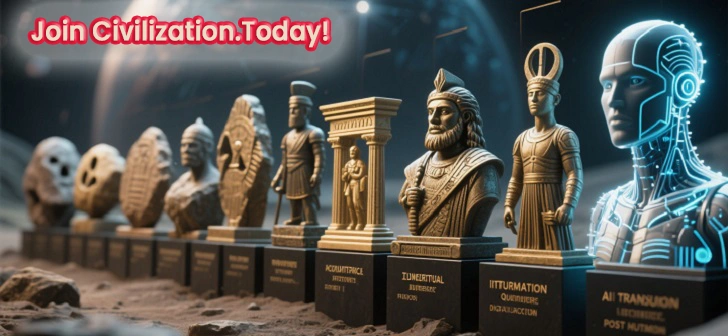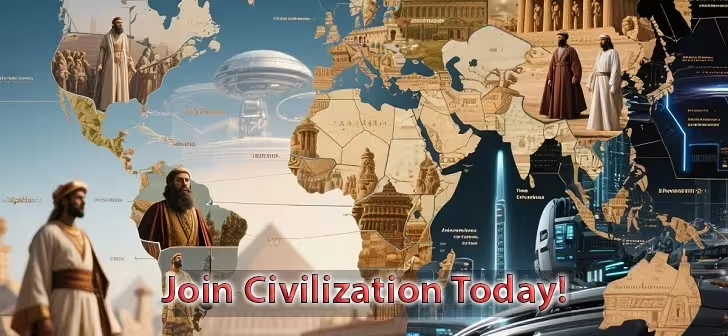For centuries, humanity’s greatest breakthroughs—electricity, flight, nuclear energy—have reshaped our civilization. But now, Quantum Physics stands at the edge of delivering the next great leap. This mysterious branch of science doesn’t just challenge how we think about matter and energy; it promises to redefine technology, communication, medicine, and even our understanding of reality.
Quantum Physics isn’t merely about the very small—it’s about unlocking possibilities that defy our everyday logic. From quantum computers that can process unimaginable amounts of data to teleporting information across vast distances, the potential is so vast that many experts believe it could be the most transformative scientific revolution of the 21st century.
What is Quantum Physics?
At its core, Quantum Physics is the study of the smallest particles in the universe—atoms, electrons, photons—and the strange rules they follow. Unlike classical physics, where things are predictable and follow clear laws, the quantum world is filled with uncertainty, superposition (things existing in multiple states at once), and entanglement (particles mysteriously linked across space).
This “weirdness” isn’t just a curiosity for scientists—it’s the foundation for groundbreaking technologies.
How Quantum Physics Could Reshape Civilization
1. Quantum Computing: Beyond the Limits of Silicon
In traditional computers, data is stored in bits—either 0 or 1. But in quantum computers, qubits can exist as both 0 and 1 at the same time. This means quantum machines can perform certain calculations exponentially faster than any supercomputer today.
Imagine:
- Breaking encryption codes in seconds.
- Designing new medicines by simulating complex molecules instantly.
- Optimizing traffic systems for entire cities in real-time.
Tech giants like Google, IBM, and startups worldwide are racing to make quantum computing practical—and the winner could hold the keys to unprecedented technological dominance.
2. Quantum Communication: Unhackable Information
Data security is one of the biggest concerns in our interconnected world. Quantum Physics offers quantum key distribution (QKD), a way to share encryption keys using particles of light. If anyone tries to intercept, the act of measurement itself changes the data, instantly revealing the breach.
China has already launched the world’s first quantum communication satellite, paving the way for a global hack-proof internet.
3. Quantum Sensors: Ultra-Precise Measurements
Quantum sensors can measure time, gravity, and magnetic fields with unprecedented accuracy. These tools could:
- Enable GPS systems that work underground or underwater.
- Detect early signs of earthquakes.
- Help doctors diagnose diseases by sensing tiny changes in cells.
Such precision could revolutionize industries from healthcare to aerospace.
4. Quantum Energy and Materials
Quantum Physics could unlock materials with properties once thought impossible—superconductors that transmit electricity without loss, or quantum batteries that charge in seconds. This could lead to massive energy efficiency and an end to many limitations of current power systems.
Challenges and Risks of the Quantum Leap
While the promise of Quantum Physics is breathtaking, it comes with challenges:
- Technical complexity. Quantum systems are incredibly fragile and require extreme conditions, like near-absolute-zero temperatures.
- Security risks. Quantum computing could also break today’s encryption, posing a threat before new safeguards are in place.
- Ethical concerns. Who controls such powerful technology, and how it’s used, will shape the geopolitical balance for decades.
Quantum Physics and the Future of Civilization
The integration of Quantum Physics into everyday life could be as transformative as the Industrial Revolution—only faster. From medicine to climate modeling, from AI to deep space exploration, quantum technology could unlock solutions to problems we haven’t even imagined yet.
The nations, companies, and individuals who master quantum science first may define the global order of the next century. And for the rest of us, this means living in a world where once-impossible feats become ordinary.
Conclusion: A Future Written in Quantum Code
Quantum Physics is no longer confined to laboratories and academic journals—it’s on the verge of reshaping our civilization. As we stand at the threshold of this new frontier, one thing is certain: the rules are about to change, and reality itself might look different on the other side.
In the words of physicist Niels Bohr, “Anyone who is not shocked by quantum theory has not understood it.” The coming decades may prove just how true—and world-changing—that statement is.




